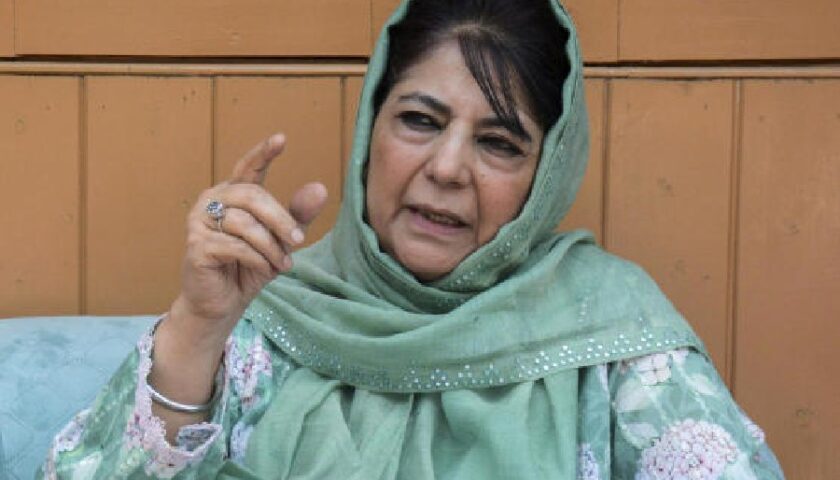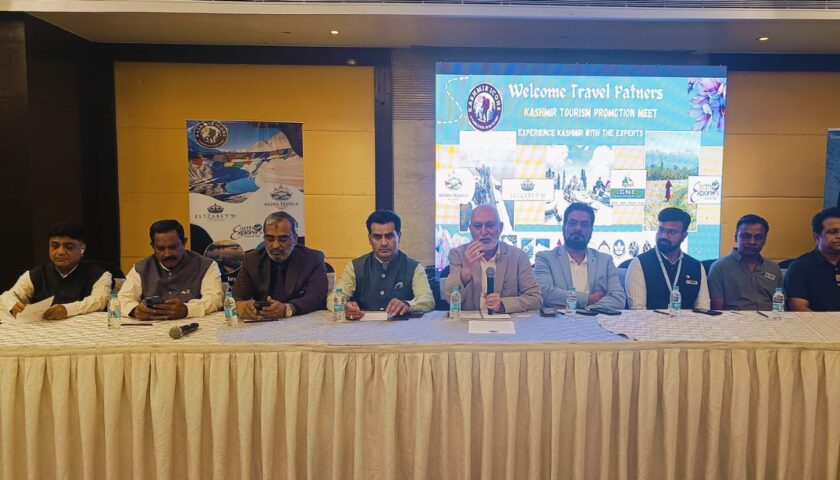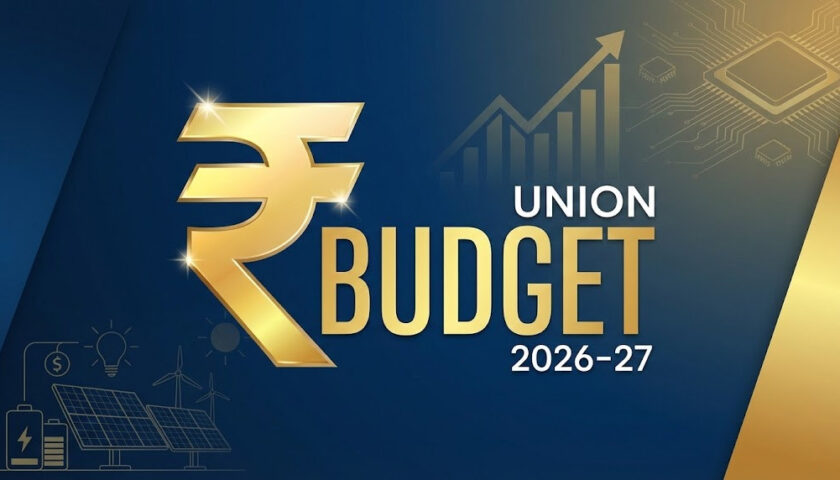With a comprehensive financial package for Jammu and Kashmir yet to take practical shape, the Centre and the state government have come under attack from economists and the business community for not formulating a concrete policy and planning the state’s economic recovery after the devastating floods a year ago.
 They believe that both the governments have failed “to capitalise a big opportunity” to bridge the gap between the ruling class and the public in the aftermath of the devastating floods.
They believe that both the governments have failed “to capitalise a big opportunity” to bridge the gap between the ruling class and the public in the aftermath of the devastating floods.
“The state and the Centre have failed to capitalise the big opportunity in terms of bridging the gap between the administration and the public thrown to it in the aftermath of last year’s floods. The devastating floods should have been the starting point for the government to reach out to the people and narrow down the distrust between the ruling political class and the public,” said Javaid Iqbal Khan, a faculty member of the economics department at the University of Kashmir.
He opined that it was an “important occasion” for the state government to intervene in terms of post-flood management plans and policy. “The floods provided an opportunity to the government to have better coordination among NGOs, civil society and the administration to work on the PPP model to revive the economy, but the government failed in this direction,” he said.
He said the governments at the Centre and in the state had not been able to convey “limitations” for not releasing funds to the affected. “In anticipation of funds from the Centre, businessmen are slowly closing the shutters of their establishments. The government should at least give them an assurance that they would be given adequate financial assistance after the availability of funds,” he said.
Some parts of the Kashmir valley observed a shutdown on September 7, which was observed as revival day by the state government, on the call of the Kashmir Economic Alliance, a coalition of trade bodies, in protest against the delay in release of a comprehensive package for rehabilitation of flood victims.
The previous Congress-National Conference government had sought a financial assistance of Rs 44,000 crore from the Central gonernment for rehabilitating victims. The Centre rejected the proposal, saying it was prepared without any groundwork. Despite change in guard, the state is yet to receive a rehabilitation package.
Yash Pal Gupta, president, Associated Chamber of Traders Federation, Jammu, said the state government had failed to formulate proper planning and a policy for disbursement of relief among affected people.
“The state has already gone through tough times and the delay in financial assistance will further create anarchy. It should categorise the affected into three different categories and priority should be given to those who had lost everything in the devastating floods while sanctioning financial relief,” said the president, Associated Chamber of Traders Federation.
He said the government should immediately release the first instalment of financial relief to victims to soothe frayed nerves in Jammu region and Kashmir. The government should formulate a long-term plan to boost tourism, horticulture and agriculture to make the state self-reliant, he said.
Faiz Ahmed Bakshi, joint general secretary, Kashmir Chamber of Commerce and Industry, said, “The state needs an immediate comprehensive financial package for economic revival, but the government has failed on all fronts. Except lip service, it has done nothing to revive the economy of the state.
”On September 13, the Chief Minister said he would not go begging to the Centre for a flood package. “The Centre should have the sensibility to fathom what Kashmiri people have gone through during last year’s floods,” he said.




